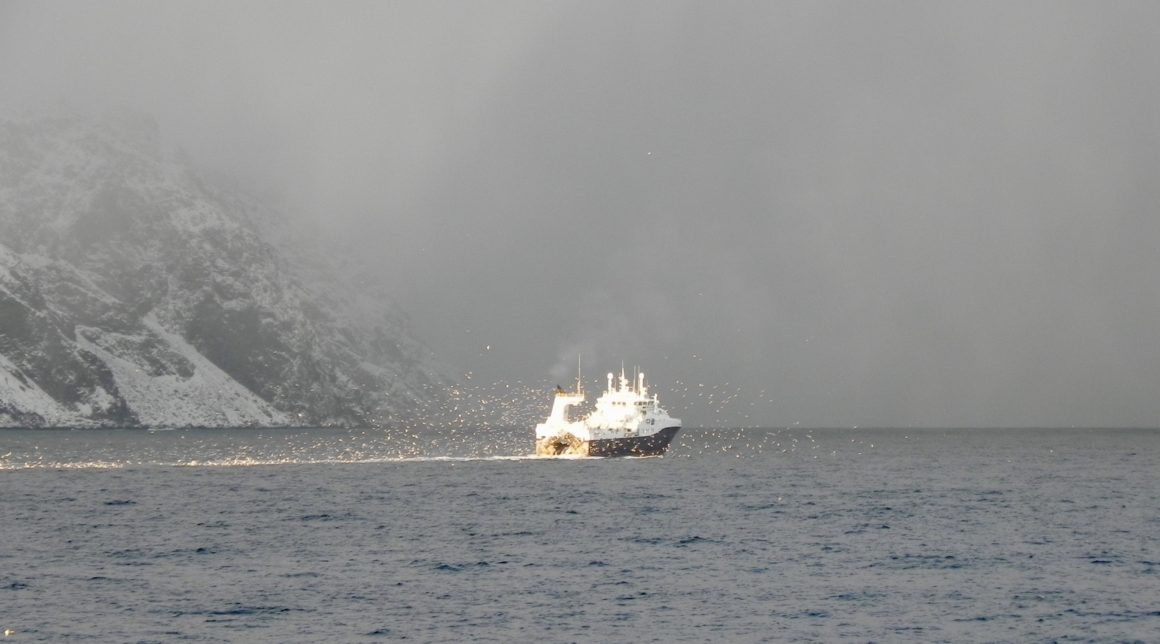
Project
Being a fisher today is different than 10 or 20 years ago. The job has changed due to increasing costs, more regulations, farmed fish products on the market and a higher demand for responsible and sustainable fish products. To continue to successfully operate in a changing society and the changing fishing sector, competences of those working in the sector need to evolve and grow.
For many fishers, accepting these changes is difficult, and embracing the need for sustainable development is even more challenging.
It is about meeting the needs of the present without compromising the ability of future generations to meet their own needs. The triple P approach forms the backbone of the training – the simultaneous pursuit of environmental quality (planet), social acceptance (people) and economic prosperity (profit).
Consequently, a sound process of including sustainable fisheries training in the education of fishers would benefit fishers, the fishing sector and the marine environment in general.
The steps to take

network
Establishes an international network of fishing academies and training institutes to exchange/build experience on sustainability education

training
Facilitates exchange of new pedagogical/training methodes and develops country/region specific training programs and content in seven countries

standard
Develops an EU-standard for adquate and uniform competence requirements for fishers
Catching the potential will start by establishing an international network of fishing academies and training institutes to combine and integrate available best practices and ideas with respect to sustainability training for fishers.
Next step is to conduct country specific training in seven countries and outermost regions: France, Germany, Greece, Ireland, Latvia, Spain and the Azores. This will generate important experiences and input to work towards the development of an EU-course standard for sustainable fisheries training.
It is essential to recognise that the fishing sector in every EU Member State is different and unique in many aspects. Therefore Catching the Potential prepares, develops and conducts the country specific trainings in co-operation with local partners and authorities. The training comprises of a wide variety of teaching methods, including interactive lectures, video’s, animations, workshops, group assignments, games, quizzes and presentations.
Catching the potential’s ultimate goal is to develop a European standard for sustainable fisheries training, which is consistent but also offers sufficient room for adaptation to the local/regional circumstances in which fishers (will) operate.
Deliverables
2.1 Existing instruments, guidelines and regulations
This is a broad overview of all guidelines and regulations related to sustainable fisheries training.
2.2 Best practices
This is an overview of everything that is already happening on sustainable fisheries training
3.1 Seminar on sustainable fisheries training
An overview of the seminar on sustainable fisheries training
3.2 Report second seminar
The second and final seminar of Catching the Potential took place in Brest, France and brought together fisheries educators and trainers to discuss the standard and future of sustainable fisheries training.
3.2 Declaration of the educators network
This declaration states the importance the educators network and intention of maintaining it. It also states that sustainable fisheries training is crucial in a sustainable fisheries sector.
4.1 Evaluation report sustainable fisheries training Greece
An evaluation of the pilot training on sustainable fisheries in Greece. This document is a cooperation between ProSea and Enaleia.
4.2 Evaluation report sustainable fisheries training Latvia
An evaluation of the pilot training on sustainable fisheries in Latvia. This document is a cooperation between ProSea and Novikontas.
4.3 Evaluation report sustainable fisheries training Germany
An evaluation of the pilot training on sustainable fisheries in Germany. This document is a cooperation between ProSea and BBZ am NOK.
4.4 Evaluation report sustainable fisheries training France
An evaluation of the pilot training on sustainable fisheries in France. This document is a cooperation between ProSea and CEFCM.
4.5 Evaluation report sustainable fisheries training Spain
An evaluation of the pilot training on sustainable fisheries in Spain. This document is a cooperation between ProSea and CETMAR.
4.6 Evaluation report of sustainable fisheries training in Ireland
An evaluation of the pilot training on sustainable fisheries in Ireland. This document is a cooperation between ProSea , BIM and Mike Fitzpatrick.
4.7 Evaluation report sustainable fisheries training on the Azores
This report evaluates the pilots conducted on the Azores. The report is written by DRP, EMA and ProSea
5.1 Training standard for sustainable fisheries training
The main goal of Catching the Potential was to develop a standard on sustainable fisheries training. This standard was developed based on training pilots in seven European countries in cooperation with all consortium members.
6.1 Two-pager on the Work in Fishing Convention C.188
Informative two-pager on the social standards on board! Work in Fishing Convention C.188
6.2 STCW-F Revision 2020
A 2-pager on the submission for the STCW-F Revision 2020
6.2 Outcomes of the HTW7
Outcomes of the HTW7 two-pager 2021
7.1 Communication plan
Communication plan for the Catching the Potential project
7.2 Catching the Potential leaflet ENG
Leaflet of the Catching the Potential project
7.2 Catching the Potential leaflet FR
Leaflet of the Catching the Potential project in French
7.2 Catching the Potential Leaflet IT
leaflet of CTP project in Italiano.
7.3 CTP results two pager
Overview of the results in Catching the Potential
7.4 Two pagers county-specific results of Catching the Potential
Two pagers on the training of fishers in Ireland, Greece, France, Spain, Latvia, the Netherlands, the Azores and Germany.